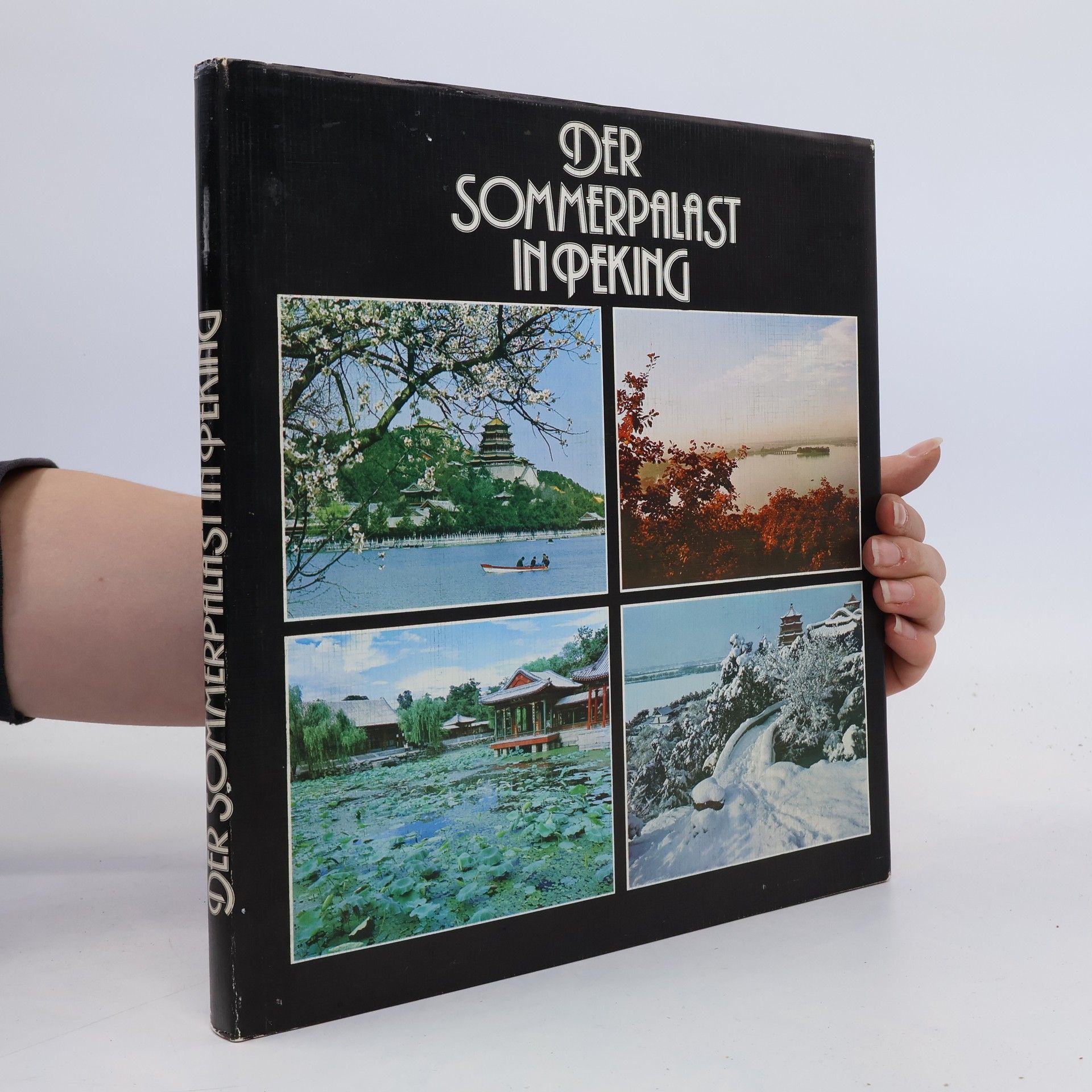Unter Wasser atmen
Roman
Ein Tauchgang zum Ursprung unserer Gefühle Eines Herbstmorgens findet Jia Jia ihren Mann leblos in der halbvollen Badewanne. Neben ihm liegt die Zeichnung einer rätselhaften Kreatur: halb Fisch, halb Mann. Obwohl der Tod ihres Mannes das Ende einer unglücklichen Ehe und den Beginn einer neuen Freiheit bedeutet, lässt Jia Jia diese Zeichnung nicht mehr los. Der Fischmann verfolgt sie in ihrem einsamen Alltag in der Millionenmetropole Peking und in ihren Träumen. Um seine Bedeutung zu entschlüsseln, begibt Jia Jia sich auf eine Spurensuche, die wertvolle Begegnungen mit sich bringt und sie bis ins Landesinnere Tibets führt – und in die Tiefen ihres eigenen Bewusstseins.




